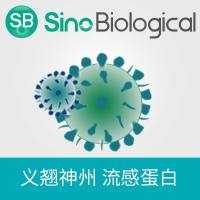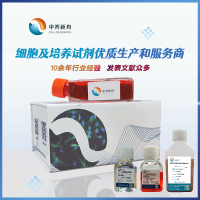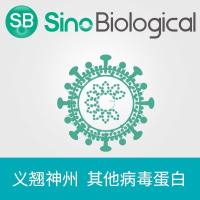Generation of Human iPSCs from Human Peripheral Blood Mononuclear Cells Using Non-integrative Sendai Virus in Chemically Defined Conditions
互联网
387
Human-induced pluripotent stem cells (hiPSCs) have received enormous attention because of their ability to differentiate into multiple cell types that demonstrate the patient’s original phenotype. The use of hiPSCs is particularly valuable to the study of cardiac biology, as human cardiomyocytes are difficult to isolate and culture and have a limited proliferative potential. By deriving iPSCs from patients with heart disease and subsequently differentiating these hiPSCs to cardiomyocytes, it is feasible to study cardiac biology in vitro and model cardiac diseases. While there are many different methods for deriving hiPSCs, clinical use of these hiPSCs will require derivation by methods that do not involve modification of the original genome (non-integrative) or incorporate xeno-derived products (such as bovine serum albumin) which may contain xeno-agents. Ideally, this derivation would be carried out under chemically defined conditions to prevent lot-to-lot variability and enhance reproducibility. Additionally, derivation from cell types such as fibroblasts requires extended culture (4–6 weeks), greatly increasing the time required to progress from biopsy to hiPSC. Herein, we outline a method of culturing peripheral blood mononuclear cells (PBMCs) and reprogramming PBMCs into hiPSCs using a non-integrative Sendai virus.









